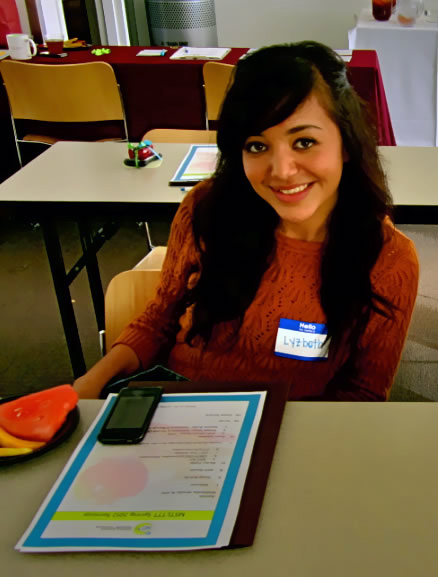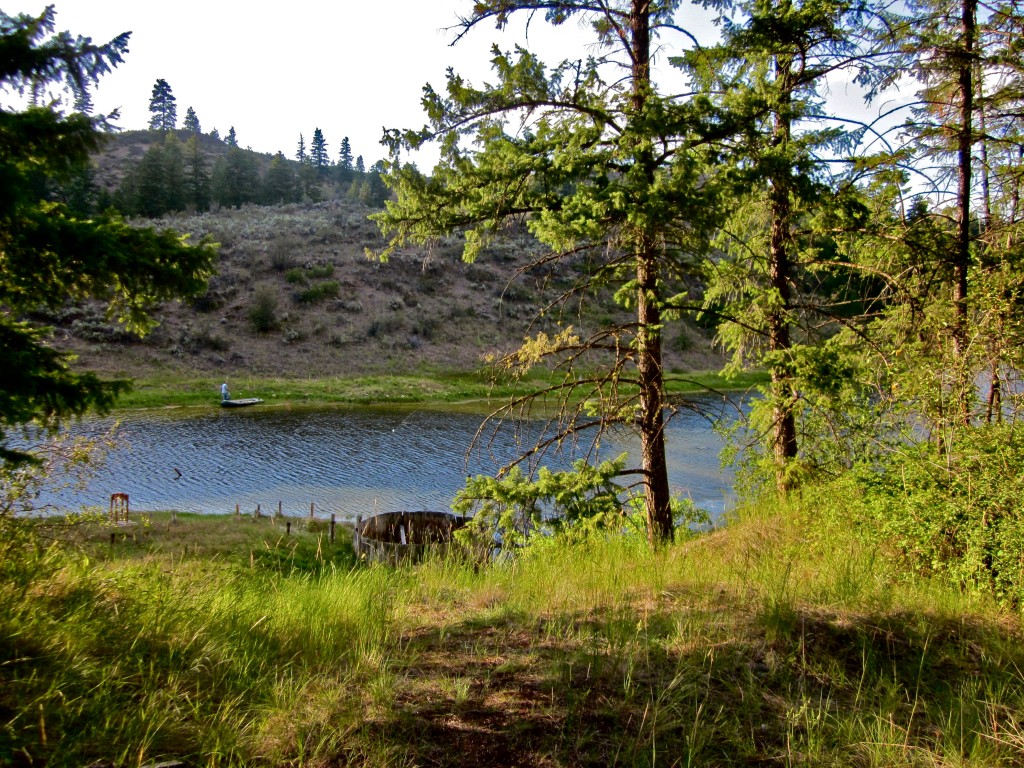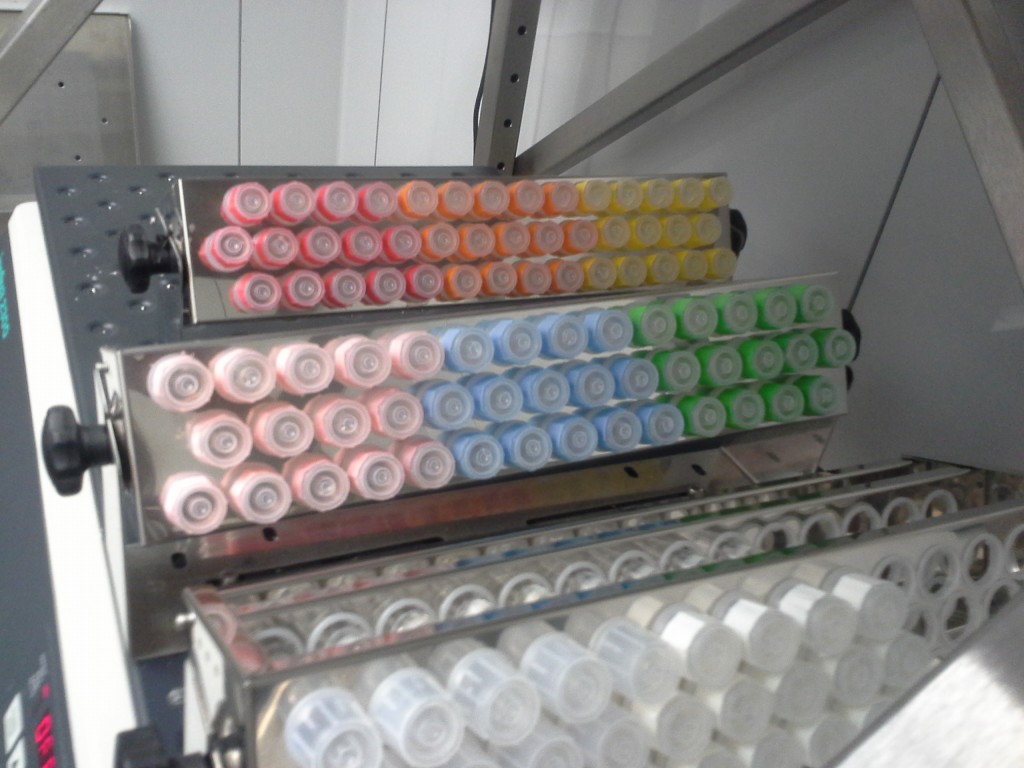California State University, Dominguez Hills Noyce Scholar Lyzbeth Becerra learned how to be a research scientist this summer–and in the process has taken major steps to become the best teacher she can be.
 Becerra was among the approximately 200 students from either within the California State University system or at other universities with a Robert Noyce Scholarship Program who were selected to participate in STEM Teacher and Researcher (STAR), a summer internship organized by the Center for Excellence in Science and Math Education (CESAME) at Cal Poly State University, San Luis Obispo. STAR partners with national research labs to provide aspiring STEM (science, technology, engineering and mathematics) teachers a chance to “connect the doing of science and mathematics with the teaching of science and mathematics,” which fits with the National Science Foundation’s Noyce program’s mission to prepare undergraduates to become middle or high school math or science teachers. CSU Dominguez Hills has had a Noyce Scholars program for several years.
Becerra was among the approximately 200 students from either within the California State University system or at other universities with a Robert Noyce Scholarship Program who were selected to participate in STEM Teacher and Researcher (STAR), a summer internship organized by the Center for Excellence in Science and Math Education (CESAME) at Cal Poly State University, San Luis Obispo. STAR partners with national research labs to provide aspiring STEM (science, technology, engineering and mathematics) teachers a chance to “connect the doing of science and mathematics with the teaching of science and mathematics,” which fits with the National Science Foundation’s Noyce program’s mission to prepare undergraduates to become middle or high school math or science teachers. CSU Dominguez Hills has had a Noyce Scholars program for several years.
From June to August, the senior biology major was at the Pacific Northwest National Laboratory (PNNL), where she worked with a team testing bacteria that make up what are called “phototropic microbial mats” at Hot Lake located in nearby Canada to see how they respond to different environmental conditions. She initially followed her mentor’s lead and assisted on his projects, but as her familiarity with the lab and the work grew, she ultimately was charged with conducting her own study to test the bacteria and compiling the results into a poster presentation.

“Overall, the whole experience of having to put together a project, obtain results, analyze data, and putting it all together into a poster presentation was a great experience,” Becerra said.
You would think such a project would be right up the future biology teacher’s alley, but for Becerra, it was her first foray into the specific field of microbiology and her first time conducting actual research as opposed to merely doing lab experiments as part of her coursework.
Going into the STAR internship with neither experience, Becerra said she had been skeptical about her ability to do well, but being the novice was the exact reason she took on the challenge in the first place, and it was because of Noyce that she felt she could.
“The reason I applied was because I had never done research, and as a scientist, I believed I needed that experience to know, first hand, what research was all about,” she said. “The very reason I have been able to be a part of these experiences is solely because of Noyce; the various educational experiences they provide have been critical to my personal development because not only has it made me a more well-rounded individual, but in a more specific aspect of my personality, it has increased my confidence and self-esteem.”

The initial nerves she felt at the beginning of the summer dissipated as she spent more and more time in the lab, learning from her mentor, fellow researchers and STAR participants. She also appreciated the additional information she received from weekly pedagogical-based workshops offered through the program.
For Becerra, her internship at PNNL gave her valuable research skills that will continue to benefit her biology studies and her growth as a scientist. More importantly to her, she sees how the experience will aid her future students as well.
“I plan on implementing the research aspect of biology into my classroom, once I begin teaching. The program opened up my mind to understanding the benefits of Common Core [the new national curriculum model being implemented in K-12] and the importance of inquiry in the classroom,” said Becerra, who would like to return to her alma mater, Lynwood High School, to teach biology. “With what I learned, I also hope to be able to provide my future students with a hands-on experience of biology. My main takeaway is the importance of doing research in biology and the importance of inspiring new students to become passionate about biology.”